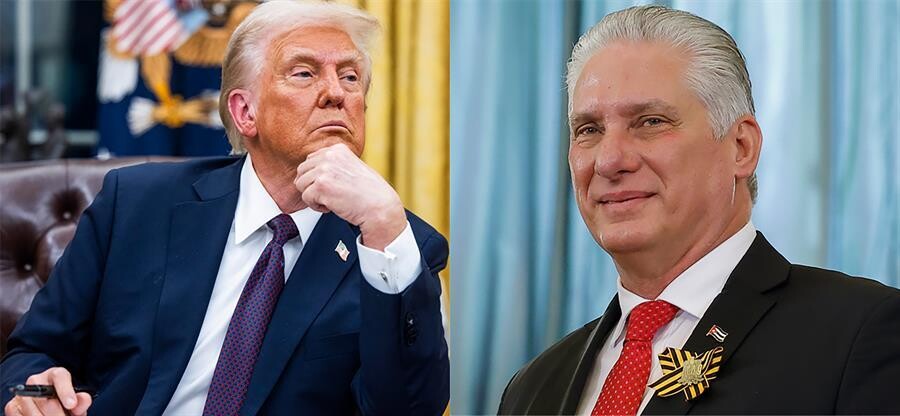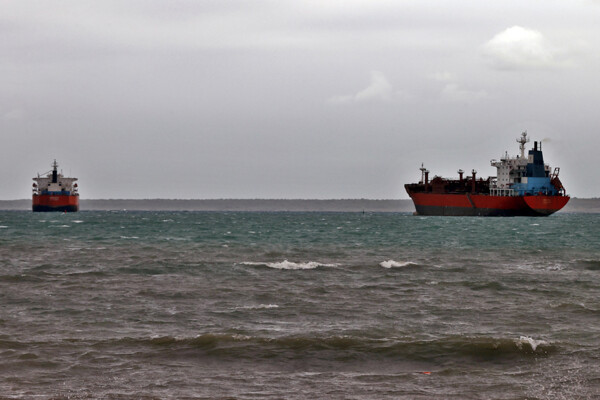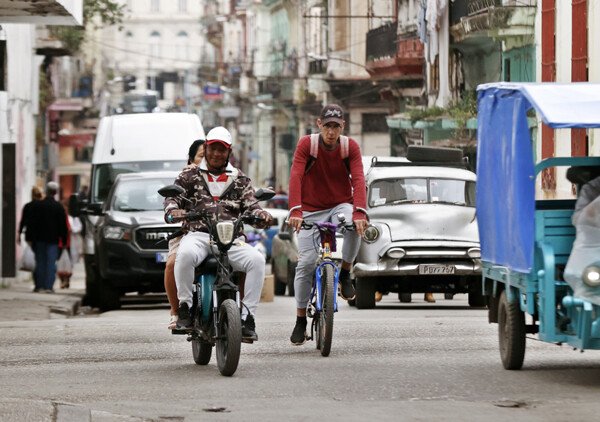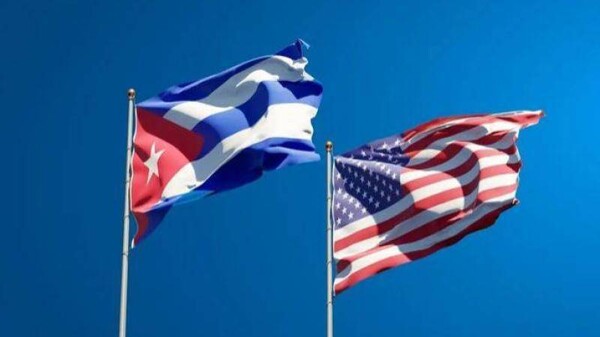
Cuban President Miguel Díaz-Canel expressed his concern about the aggressive behavior of the United States, which he considers a threat to international peace. The leader criticized recent decisions made by the U.S., including the proposal to send 30,000 undocumented immigrants to the naval base in Guantanamo, located in eastern Cuba, and reintegrating the island into its list of state sponsors of terrorism.
As part of the VI International Conference for World Balance, dedicated to Cuban national hero José Martí, Díaz-Canel closed the event in Havana with a call to not remain silent in the face of what he considers "infamies," while maintaining hope in human improvement. The Cuban president emphasized the importance of not losing sight of the ideals of justice and peace in a global context marked by confrontation and aggression.
In his intervention, Díaz-Canel denounced the U.S. attitude and pointed out that current trends are a consequence of capitalism. Regarding the decision to use the Guantanamo base to house immigrants, he termed it as "an act of brutality" since, in his opinion, that military installation is located on illegally occupied Cuban territory.
The Cuban president advocated for a new international order based on democratic principles, promoting equality of representation among nations and ensuring peace, social justice, and respect for cultural diversity. He highlighted the importance of facing challenges with unity and a clear vision of the goals to be achieved, emphasizing the need to overcome the dynamics of dependency imposed by dominant elites.
At this conference, which included the participation of more than a thousand representatives from over 90 countries, dialogue on global issues was sought from a plural and multidisciplinary perspective, with the collaboration of intellectuals, scientists, politicians, and trade unionists. Miguel Díaz-Canel recalled the relevance of José Martí's legacy in the fight for justice and advocated for continued work towards a more equitable and just world for all.














